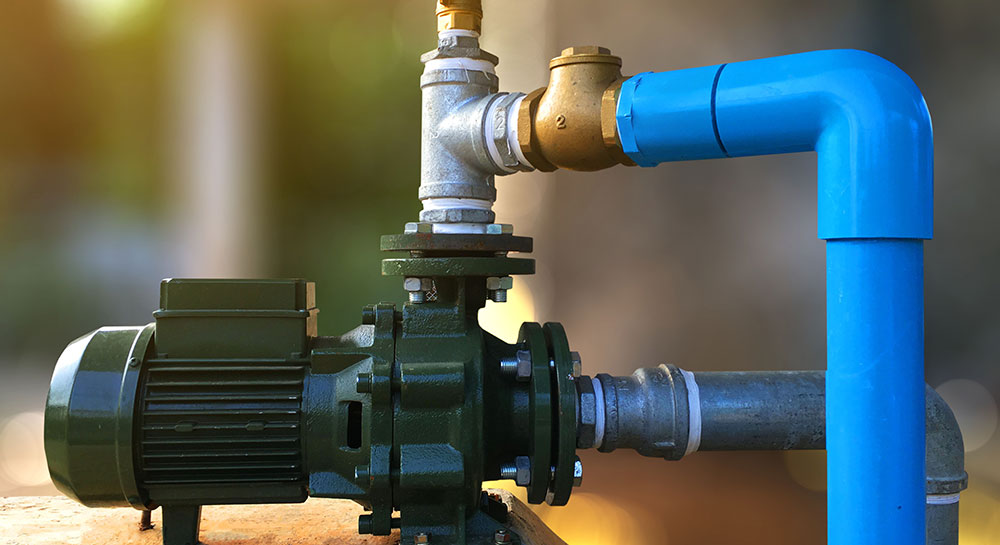Pumping System
Maintenance of the Pumping System
Regular maintenance of the pumping system is essential to maintain a comfortable and habitable home.
When it comes to the pipes in your home, drains can clog, and valves and fittings can leak. If you go too long before fixing the problem, the installation problem can seriously damage the house. One difficulty is that the leak is hidden in the wall, or the blockage in the pipe is buried in the yard, and you won’t notice it until the drain is completely blocked.
Regular maintenance of the piping can prevent major damage. Maintenance is critical to avoid major pumping problems. Add a pipeline check to your daily house maintenance list.
If you follow the following great tips on preventive plumbing maintenance, your home will stay more organized.
Create a schedule for the plumbing inspection
Create a schedule to check your pipeline so that it is not lost or forgotten. Plan to conduct inspections approximately every six months. Set a reminder on your phone or write it on the calendar or planner. Include where you keep track of other daily appointments. This way, you ensure that problem areas are discovered within a reasonable time.
Perform pipeline maintenance inspections
Take into account all plumbing and drains throughout the home. Check your drainpipes and note where they leave your house and head towards the street where they meet the larger city pipes. Is it possible that trees with roots could interfere with these pipes? If you discover any abnormalities during the inspection, Pay attention to them and contact a professional if necessary. Don’t wait for repairs.
Regular visual inspections for leaks are important. You can do this by looking under the sink and around the toilet. Look out for signs of moisture and leaks, rust (red or brown), or limescale (white), which are early signs of difficult brewing. Dealing with small leaks early on prevents more costly repairs in the future.
Carefully inspect the toilet area to see if the toilet has cracks, especially where it is bolted to the floor. Even a crack in the hairline can mean a leak. Look at the inlet and water lines, as well as the bottom of the water tank.
Avoid clogging
While regularly checking the pipeline, keep the equipment clean and in good working order to reduce the risk of major problems in the future. One of the most important steps: don’t wash away things that might build up.
This is particularly difficult in the kitchen. Fat and coffee grounds are the most common causes of blockages in the kitchen drain. Suppose you throw small pieces of food or pour it down the drain while washing, use hot water for a long time to rinse all the food in the line completely. Many pipes are laid almost flat from the house to the street. So it would be best if you made sure the water flows long enough for it all to come out of the pipe completely.
Remember to be careful with garbage: fibrous foods (like celery) and bones shouldn’t fall off.
Another technique for pipe maintenance is to use a strainer over each drain pipe. The bathroom drain screen can build up hair that can lead to serious clogging and make it easy for you to throw it away instead of washing it off.
Clean the drain
You can clean the sink and tub by simply running hot water and then pouring a small baking soda into each sink and tub. Let the hot water flow for a few minutes, then repeat the above steps. This will help remove grease and debris that has built up in the pipeline over time. You may need to do this several times a year to avoid clogging the pipes and drains.
Fix drip
Drip taps, leaky shower nozzles, and poorly operated toilet flush valves should be replaced or repaired. This saves your water bills and prevents water damage in your home.
Get your plumbing ready for the season
For those who live in cold regions, this pipe maintenance technique is especially imperative. Remember, pipes carry water, and the water expands when it freezes. This expansion can damage your pipes and your home. Before the freezing weather arrives, turn off all outdoor taps and irrigation valves and clean the outdoor water pipes. Insulate all exposed pipes and all external connectors.
Call a professional
Call a professional plumber if you see any small or major leak. You need to stop the leak so as not to damage the entire house seriously. If your head is over, please call the plumber right away. Many offer emergency services to help in such situations.
Spending a little time on routine and simple maintenance and inspection of pipelines can help you identify potential problems before they turn into disasters. We hope that these piping maintenance tips will keep everything running smoothly in your home.
